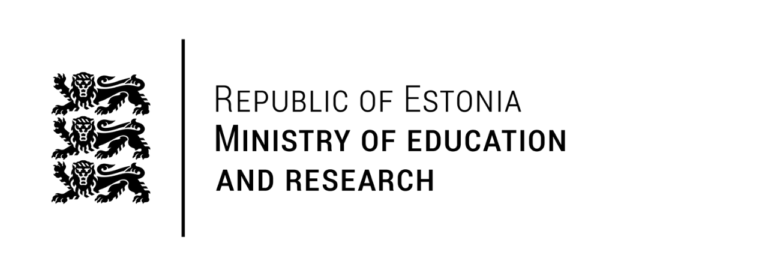The unprecedented shift to remote schooling gave us the opportunity to analyse the strengths and weaknesses of remote schooling, but also to reflect on how education is being provided in general. The authors of the new European Commission report “What did we learn from schooling practices during the COVID-19 lockdown?” have interviewed in total around 150 key stakeholders from five states: Belgium, Estonia, Italy, Greece and Poland.
The aim of the report was to find out how unexpected remote schooling imposed by the COVID-19 lockdown measures in primary and secondary education affected inequality in schooling, teaching tools and content, competences, students’ certification and assessment, and stakeholders’ mental health.
The importance of digital competencies and parent support
In Estonia, the general findings show that information flow at the state and organizational level on the COVID-19 remote schooling period was efficiently complemented by media follow-up, though some teachers, parents and students felt overwhelmed during the initial weeks.
All stakeholders also strongly appreciated extensive support by school IT specialists and educational technologists, particularly related to digital competence. Teachers collaborated with professional networks and shared useful methods, ideas with colleagues at school, but would have needed additional support on digital pedagogy and instructional practice for teaching online. School leaders found systematic collaboration with school owners as a supportive factor.
In terms of inequality, the family situation, and especially parental support, became one of the most relevant factors to reinforce or reduce inequalities. Several student groups such as introvert students, easily distracted ones, or those with learning disabilities improved their performance. The main obstacles to digital learning were connectivity issues and at times insufficient digital competence. The education provision was complemented with education technology companies’ support, enabling increased access to educational opportunities.
Estonia: lessons learned
- Teachers and students prefer few digital learning environments.
- Collegial support provides individual plans that help students to continue with education.
- School staff members and parents need instructional support and assistance to address students’ well-being and socio-emotional needs.
- Direct contact between teacher and student may enhance both quality of education and communication.
- More flexible teaching and learning is possible and can be efficient.
- Basic cybersecurity skills should be provided in general education.
Read the full report by European Commission





